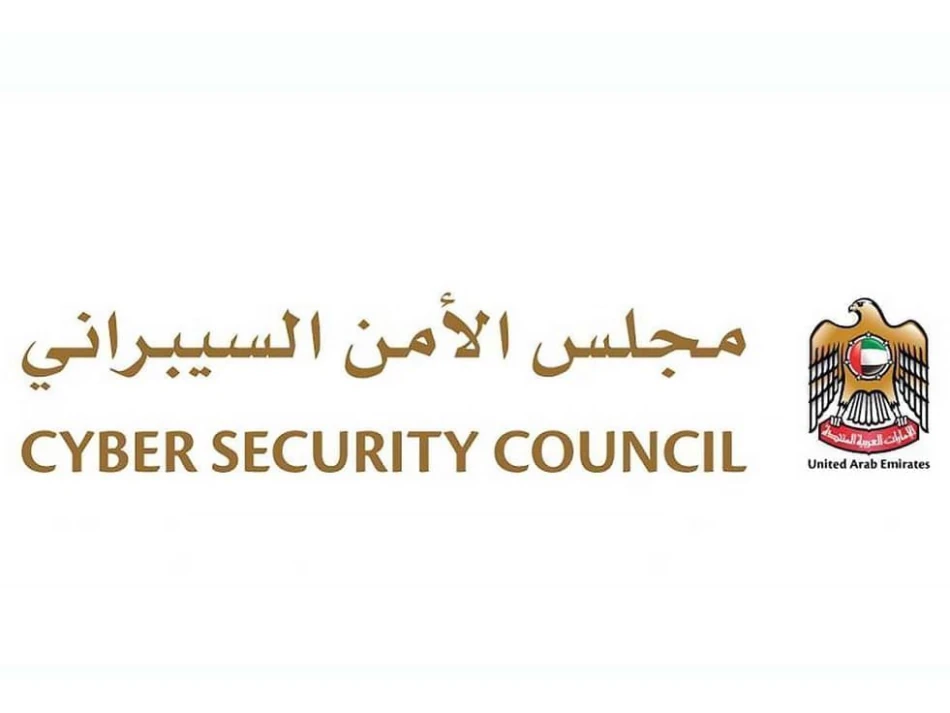
Cybersecurity Experts Urge Regular Device Updates for Robust Digital Systems
UAE Cybersecurity Council Warns: Outdated Devices Are Sitting Ducks for Hackers
The UAE's Cybersecurity Council has issued an urgent call for residents to update their digital devices immediately, warning that smartphones, laptops, routers, and smart home systems remain prime targets for cybercriminals. With over 30,000 new vulnerabilities discovered globally in 2024 alone, the council emphasizes that 70% of unpatched systems face significantly higher risks of cyberattacks—making routine updates a critical defense mechanism rather than optional maintenance.
The Growing Threat Landscape
Cyber threats are evolving at an unprecedented pace, transforming outdated systems into ideal breeding grounds for malware, data theft, and network breaches. The UAE Cybersecurity Council's warning comes as part of their weekly awareness campaign under the "Cyber Pulse" initiative, highlighting how neglecting updates translates directly into elevated cybersecurity risks.
The council's third-week campaign theme—"Ignoring Updates Means Higher Cyber Risks/The Numbers Warn"—reflects a data-driven approach to cybersecurity awareness. This strategy mirrors similar initiatives seen in Singapore and Estonia, where governments have successfully reduced national cyber incident rates through proactive public education campaigns.
Vulnerable Device Categories
The council specifically identifies several device types as high-priority update targets:
Smartphones and laptops remain the most targeted devices due to their constant connectivity and access to sensitive personal and business data. Web browsers serve as primary attack vectors, while routers often become entry points for broader network compromises. Smart home devices present particular vulnerabilities, as many consumers overlook their security maintenance entirely.
The Economics of Cyber Negligence
From an enterprise perspective, the cost of cyber incidents far exceeds the minimal effort required for regular updates. Recent studies indicate that businesses spending on preventive cybersecurity measures—including systematic update protocols—typically see 90% lower incident-related costs compared to reactive approaches.
This economic reality has driven countries like Israel and South Korea to mandate regular security updates for government and critical infrastructure systems. The UAE's approach, while currently advisory, signals a potential shift toward more stringent cybersecurity requirements for both individuals and organizations.
Regional Cybersecurity Leadership
The UAE's comprehensive cybersecurity strategy positions the nation alongside regional leaders like Saudi Arabia, which launched its National Cybersecurity Authority in 2017. Both countries recognize that digital transformation success depends fundamentally on user trust and system security.
This initiative also supports the UAE's broader vision of becoming a global digital hub, where cybersecurity resilience serves as a competitive advantage for attracting international businesses and investments.
Practical Defense Strategies
The council recommends several straightforward but effective protective measures. Automatic updates should be enabled across all devices to ensure continuous protection without user intervention. Regular security setting reviews help identify potential vulnerabilities, while monitoring unusual device behavior can provide early warning signs of compromise.
Privacy settings require periodic verification, as software updates sometimes reset security configurations to default levels. Users should also maintain awareness of their device ecosystem, ensuring that interconnected smart home devices receive equal attention to traditional computing equipment.
The Global Context
The UAE's proactive stance reflects growing international recognition that cybersecurity represents a shared responsibility between governments, technology providers, and end users. Similar awareness campaigns in Australia and Canada have demonstrated measurable improvements in national cybersecurity posture when public education efforts receive sustained government support.
The discovery of 30,000 new vulnerabilities in 2024 underscores the dynamic nature of cyber threats, where yesterday's secure system becomes tomorrow's attack vector without proper maintenance. This reality has prompted cybersecurity experts globally to advocate for treating software updates as essential infrastructure maintenance rather than optional improvements.
Looking Forward
The UAE's systematic approach to cybersecurity awareness suggests a maturing understanding of digital risk management. By framing updates as "digital protection shields" rather than technical inconveniences, the council addresses a fundamental challenge in cybersecurity: encouraging proactive behavior in the absence of immediate visible threats.
This educational strategy, combined with the UAE's broader digital transformation initiatives, positions the country to maintain its competitive edge in an increasingly connected global economy where cybersecurity resilience directly impacts economic growth and international partnerships.
Most Viewed News

 Sara Khaled
Sara Khaled






